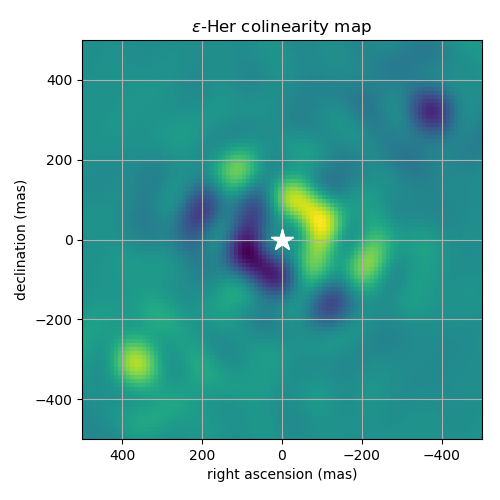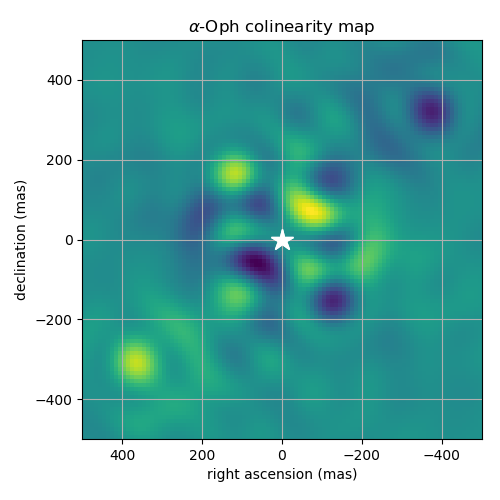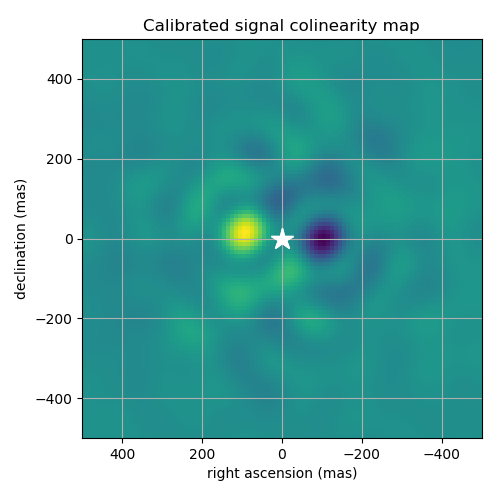The KERNEL project, hosted by Observatoire de la Cote d’Azur (OCA) invites applications for a postdoctoral research position in the field of high-angular resolution astronomy starting no later than July 1, 2020. This position is funded by the European Research Council (ERC – CoG – grand agreement #683029) under the European Union’s Horizon 2020 research and innovation program.
The KERNEL project
KERNEL aims at enabling every optical and infrared astronomical facility to reach its ultimate angular resolution potential, often pushing beyond the formal diffraction limit, while preserving the full sensitivity. By looking at astronomical data as the result of an interferometric process, the KERNEL framework brings much needed robustness to high-performance observing techniques, required for instance for the direct detection of extrasolar planets.
The mission
The KERNEL framework offers a wide range applications that go from the post-processing of available archival data to high-performance focal plane metrology, partly coupled with high-contrast imaging. KERNEL now benefits from advanced data reduction tools developed over the course of the project whose effectiveness has been demonstrated by results featured in multiple peer reviewed publications.
In addition to coronagraphic imaging, observing campaigns carried out over the last five years by exoplanet hunting high-contrast imaging instruments have also made extensive use of non-coronagraphic observing modes. The KERNEL project is therefore looking for a postdoc candidate with experience in the processing of data produced by such high-contrast imaging instruments, for further processing exploit the KERNEL software tools. Anticipated applications include the KERNEL processing of sparse aperture masking (SAM) or non-redundant masking (NRM) interferometry data as well as non-saturated well-sampled full-aperture imaging data. In both cases, careful processing using the KERNEL tools will make it possible to probe for the presence of companions and asymmetric structures at very small angular separations.
How to apply
A Ph.D. in astronomy, physics, or a closely related field is mandatory. We are interested in individuals with several years of post-PhD research experience in the exploitation of high angular resolution astronomy instrumentation. The candidate would be joining an international team and be willing to collaborate with graduate students and other postdocs. The candidate will also be encouraged to find ways to apply the tools of the KERNEL project to pursue his/her personal research interests.
The candidate must possess a strong background in the modeling, reduction and interpretation of diffraction dominated data. Experience with the Python and/or the C programming language is highly desirable.
The initial appointment will be for one year. The successful candidate will be hosted by the Lagrange Laboratory, with a lab located on the campus of Valrose, downtown the beautiful city of Nice, France.
To apply, please send a copy of your curriculum vitae, list of publications and a summary of your research interests. Also arrange for two to three reference letters to be sent to Frantz Martinache (frantz.martinache@oca.eu). For full consideration, applications should be received before May 4, 2020, although applications will be reviewed up until the position is filled.



